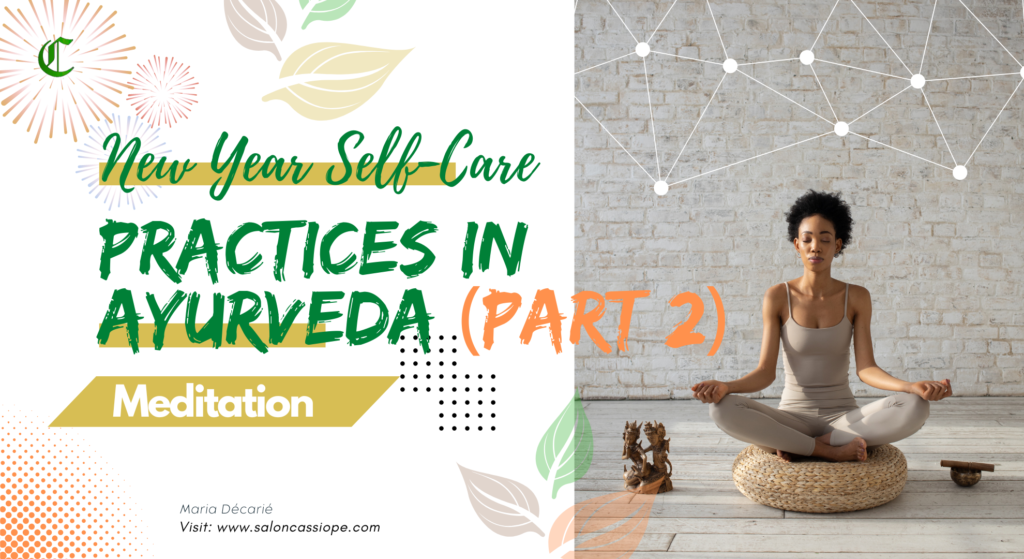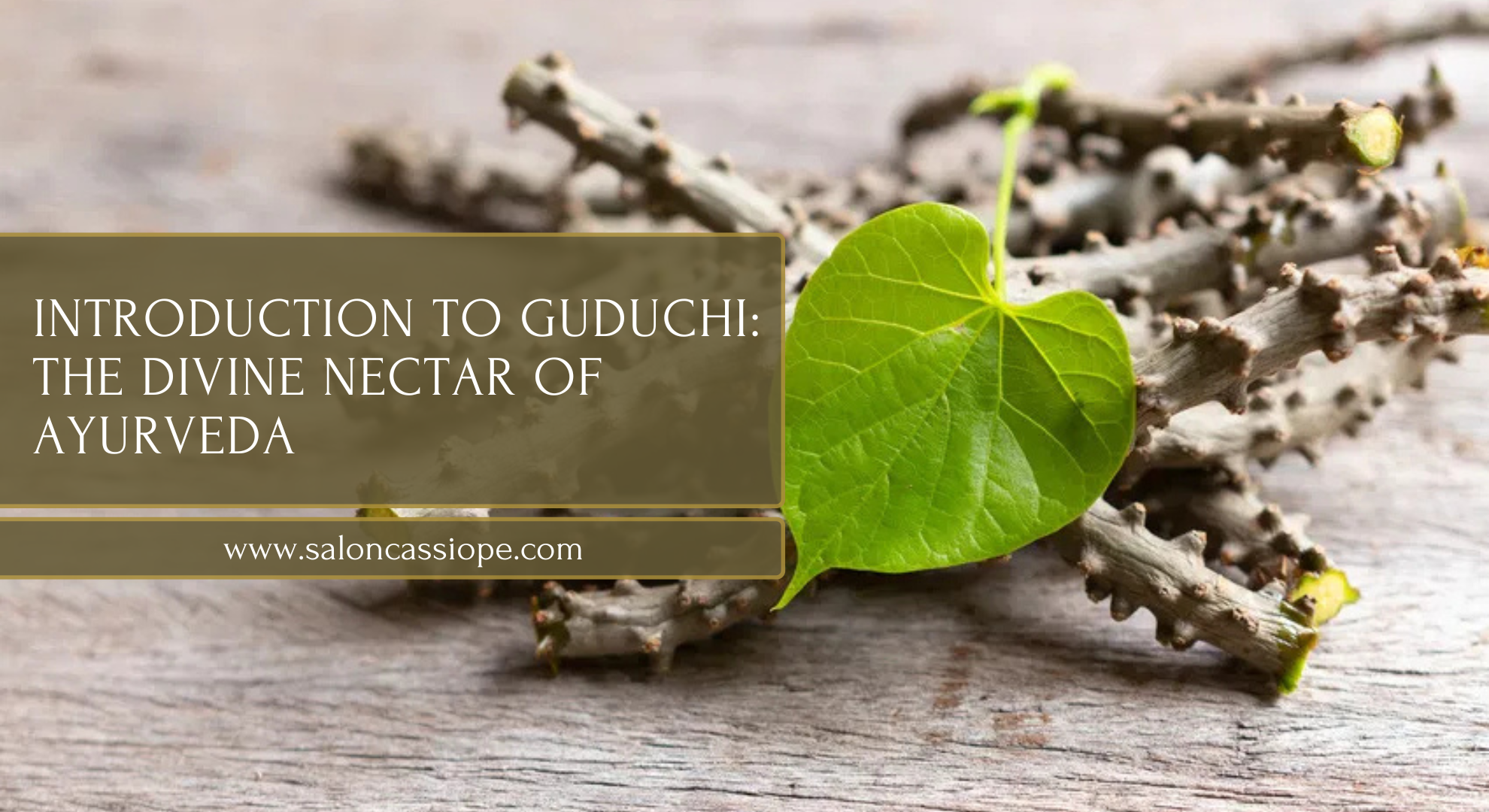Introduction
Meditation is a practice that’s been around for thousands of years. It’s more than just sitting still and being quiet.
Meditation combines the mind and body in ways that can help you relax, focus your mind, reduce stress, and more.
What is meditation?
The first thing to understand about meditation is that it’s not just sitting in the lotus position for hours. You can call it sitting cross-legged on the floor or even lying down.
Meditation is a practice where someone uses a method to train their attention and awareness and achieve a mentally clear, emotionally calm, and stable state. Such methods include mindfulness or focusing the mind on a specific object, thought, or activity.
The key is that your body should be relaxed, and you won’t be distracted by external stimuli like other people talking around you, bright lights shining into your eyes, or loud music playing in the background.
Meditation allows you to relax, focus and clear your mind from any thoughts so that when they do arise, they don’t fill up all of your attention with their constant chatter – instead, they come into focus briefly before dissipating again into nothingness.
This practice helps reduce stress levels and improves moods by giving us some distance from our emotions; it also helps us become more aware of ourselves as individuals rather than simply as part of a group (be it family or society at large).
Importance of meditation
Since the start of time, people have been practicing meditation. The benefits of meditation have been proven by modern science, and it’s essential to understand how it can impact your life.
Meditation helps you be less stressed.
A wonderful method of unwinding and lowering stress is meditation. While practicing meditation, focusing on your breath and the present moment is essential.
You may be thinking about work or something that happened earlier in the day that caused stress or anxiety, but practicing mindfulness will help you calm down and relax by focusing on only one thing: breathing.
This can help clear your mind of stressful thoughts so that you can more clearly think about what’s going on in front of you rather than dwelling on past emotional issues (like how someone commented on work).
Reduces anxiety.
Meditation can help you reduce anxiety by helping you to stay calm and relaxed in times of stress. The more you practice meditation, the easier it will be for you to control your emotions and not let them get out of hand.
Because it can calm the body and mind in just a few minutes, meditation can also be a soothing way to begin or end your day. Practice this technique as often as you like!
Meditation will help you focus.
When you meditate, your brain can focus on the present moment. It will help you feel more relaxed and peaceful in your body and mind.
Meditation also helps you focus on your breathing. You should try to feel every breath as it enters and leaves your body instead of letting it become a chore that must be done before going about other tasks or activities, such as brushing your teeth at night before bedtime!
Meditation is beneficial for focusing on thoughts, too—instead of having random streams of consciousness running through our heads all day long (and maybe even into our dreams), we can choose how much time we want to spend thinking about specific ideas by centering them in meditation sessions each day so that those thoughts still exist but aren’t occupying more space than necessary–and hopefully won’t keep popping up unexpectedly throughout

Enhances mental health.
The truth is, the mental health benefits of meditation are vast—and they might not be so surprising when you consider that meditating is a form of intense self-reflection.
People who practice meditation have been shown to experience less stress, anxiety, fear, and depression than those who don’t.
It also reduces symptoms associated with premenstrual syndrome (PMS), post-traumatic stress disorder (PTSD), and chronic pain. This is all thanks to how meditation increases activity in the parasympathetic nervous system, which is responsible for managing how your body responds to stimuli by controlling your reactions to stress.
Increased parasympathetic activity redirects your energy from fight-or-flight responses into calmness and relaxation responses, ultimately reducing stress and anxiety levels within your body.
Meditating can also lower blood pressure by slowing the heart rate and reducing overall activity in your sympathetic nervous system—the one responsible for telling your body to respond to physical threats with a “fight or flight” response.
Improve self-awareness
As you practice meditation, you’ll become increasingly self-aware. You’ll start to notice things about yourself that may not have been apparent before, like that you’re often quick to judge others instead of taking time to get their perspective.
Being more aware of your thoughts and emotions leads to increased mindfulness, better decision-making, and healthier behaviors.
For example, if you’re feeling anxious about something—like a presentation at work—you might be tempted to skip lunch so you can finish everything up early.
But if instead of trying to eat in secret so no one will see how nervous you are (and thus make it worse), instead take a few minutes during a lunch break just for yourself and focus on what’s going on inside your head without allowing any distractions or interruptions from others.
Reduce memory loss.
Meditation has been proven to help with several cognitive function issues, including memory loss and dementia.
Studies have shown that meditation can help improve your memory by strengthening the connections between brain cells—and even increase your IQ!
How to achieve the correct result of meditation
Meditation is a powerful tool for inner peace and self-reflection. It can also bring about your goals, attract abundance, and help you overcome obstacles.
Here are my top suggestions for getting the right outcome if you want to start meditating but are unsure where to start:
Create a consistent schedule
Creating a schedule for your meditation practice is critical to achieving the right result. It will help you stick to it and ensure you remember and get distracted by something else. When setting up your schedule, there are some things to keep in mind:
Set a timer. This will help you know when your session is over so that you can end on time and avoid getting stuck in an endless meditation cycle.
If this happens often enough, developing any real focus or concentration during practice sessions will be almost impossible because their length becomes unpredictable.
Set start and end times for each session (ideally one hour) to ensure they go only as necessary.
However long these durations depend on how much time you have available each day/week/month etc. Try using shorter sessions first before increasing them later down the road.
Create a meditative space
Creating a meditative space is the first step to achieving deep levels of relaxation. Do this before you start your meditation. The following items should be present in your meditation space:
You can sit on a comfortable chair or cushion for at least 15 minutes, ideally 20 to 30 minutes.
A stool or other raised surface where you can put your feet to prevent them from protruding above the floor while you’re sitting.
A meditation pillow is optional but very helpful in creating optimal comfort during more extended practice periods.
If something hurts, then stop doing whatever caused said pain immediately. If not, go ahead with what feels good enough overall before deciding whether or not something else might be better suited.
Meditate with others
In addition to the benefits of meditation discussed above, meditating with others has several other benefits.
It can help you keep up your practice when you feel discouraged or frustrated. You’ll also be able to get advice from others who have been practicing longer than you have and can offer valuable insights into how they manage their time or handle particular challenges that arise while meditating.
In addition, a group of people must come together to practice a specific type of meditation properly.
For example, if you are trying out Tibetan Buddhist meditation at home alone without guidance, it might only go well if someone nearby can properly guide you through the process.
Meditate virtually
If you need more time to be ready to sit in silence for 10 or 20 minutes, try meditating virtually. Many apps offer guided meditation, which helps you focus on your breath instead of being distracted by your thoughts.
It also helps if you have some visual element to help keep your mind focused: A candle flame or a picture of a peaceful landscape can be soothing while helping center your attention during meditation.
Meditate to a recording
A guided meditation is a recording designed to guide you through the process of reflection. The most common type of guided meditation uses a voiceover, which may be male or female, but it can also be instrumental music or nature sounds.
The idea is to direct your thoughts away from routine ideas and other distractions so that you can concentrate on one thing at a time.
A guided app is another option for those who want help with their meditation practice but don’t have access to a physical guiding device such as an audio CD or MP3 player.
Do some yoga first
If you’re new to meditation, it’s best to start with some yoga. Yoga is a great way to prepare your body for meditation and help you relax and focus.
Yoga breathing exercises will teach you how to connect with your body, breathe deeply, and open up your chest in order to get ready for meditation.
Start with some breath work.
This can be done through a simple breathing exercise where you breathe in for five counts, hold for one count, and then breathe out for five counts. Focus on the breath as it comes in and out as you repeat this cycle ten times.
Note: You can do this exercise anywhere—at work or home—and it won’t take up much time since it only lasts 10 minutes.
Meditations combine the mind and body for a decisive result.
Meditation is a practice that can be done anywhere and anytime. It’s free, doesn’t require any equipment or special clothing, and can be used by people of all ages.
Meditation helps you to focus on the present moment—and not what happened in the past or what might happen in the future. This helps reduce the stress and anxiety from worrying about things that haven’t happened yet. The benefits include:
● A reduced heart rate and blood pressure
● Better moods overall
Conclusion
You can focus, be present at the moment, and de-stress with the help of the effective tool of meditation. It’s a fantastic way to learn more about yourself and get in touch with your inner self.





